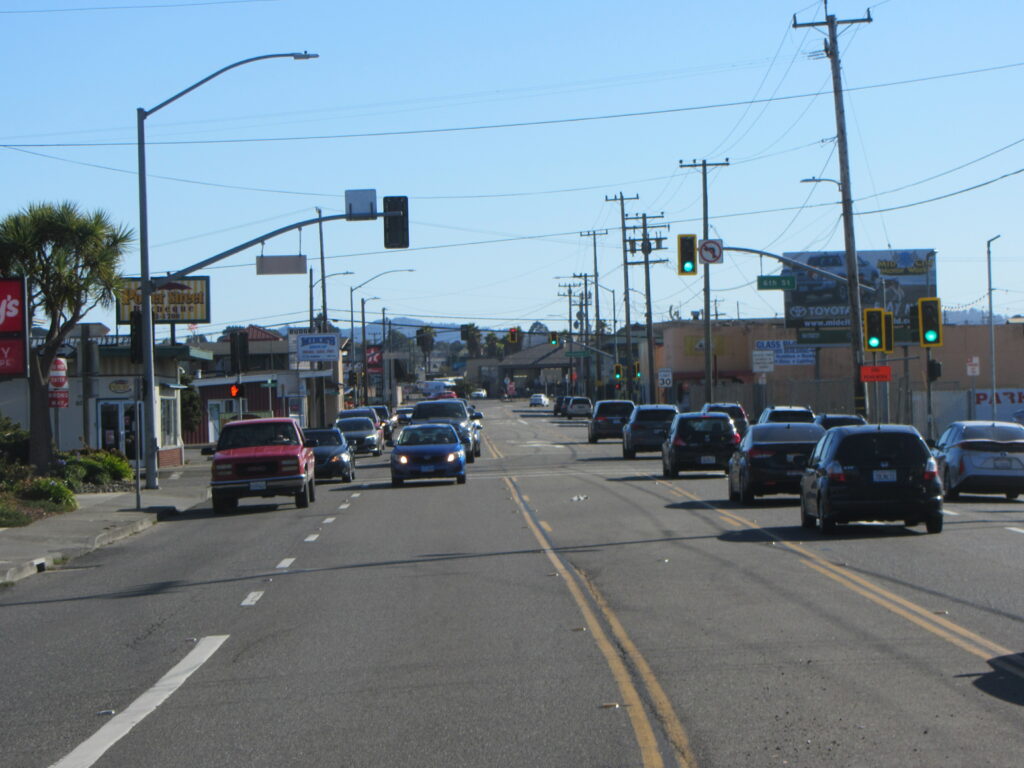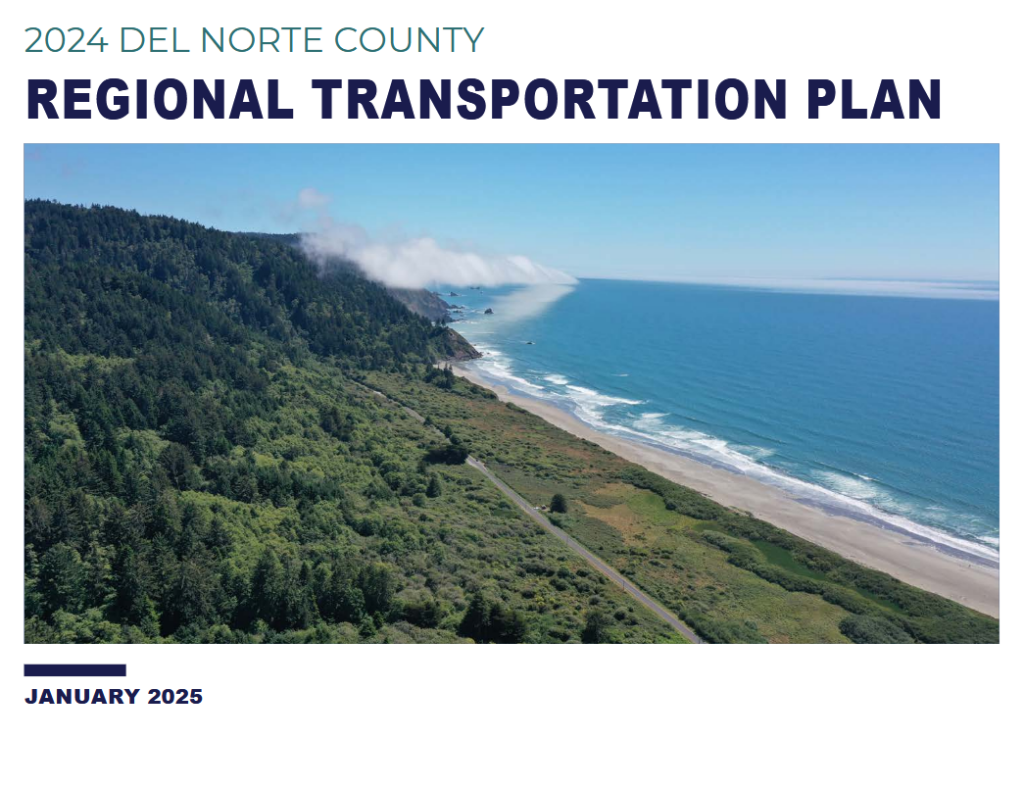The Collector
January 31, 2025
Local Police Must Stop Victim-Blaming
If a driver hit and killed you while you were crossing the street, the police would release a public statement to the media. Here’s what it would say: According to the “initial investigation,” you were not in a crosswalk. You were not wearing brightly colored clothing. You stepped out in front of the vehicle for unknown reasons. The driver, meanwhile, would be described as “cooperating with the investigation.”
How can we know what such a public statement would say, despite not knowing the circumstances of your hypothetical tragedy? Because it happens almost every time. The only exceptions to this predictable pattern are when the driver is on an obvious rampage or severely intoxicated.
The police statement about last week’s horrific crash in Eureka, in which one or more drivers hit and killed a person walking across Broadway, is just the latest example of this rampant victim-blaming culture. The statement – which was reproduced without further investigation by one media outlet after another – implicitly exonerates the driver and blames the victim. It accomplishes this with biased statements (we have learned not to blame a sexual assault survivor for what they were wearing, but apparently not a pedestrian) and assertions which would be very hard for the police to verify (a person hit by a car is usually thrown or dragged a significant distance, making it difficult to know whether the victim was in a crosswalk when initially hit). Typically, these initial police statements are based almost entirely on an interview with the driver, despite the fact that the driver is clearly not an objective witness.
Even worse, the police statement treats this crash as an isolated incident, completely ignoring the many other similar crashes on Broadway in recent years. Reading it, you would never know that another person was killed while walking in almost the same location in 2015, and two other pedestrians and a bicyclist have been seriously injured within a few hundred feet of this location in just the last few years. You would never know that streets like Broadway are widely recognized as being dangerous due to their design.
Words matter. Research shows that these kinds of police statements – and the resulting media coverage – lead to public victim-blaming of pedestrians and undermines support for infrastructure improvements that would save lives. We call on the Eureka Police Department and other local law enforcement agencies to follow simple best practices in the future to ensure objectivity and avoid blaming the victim in the aftermath of a crash.
Del Norte Regional Transportation Plan Update
The most recent update to the Del Norte County Regional Transportation Plan is scheduled to be adopted next week by the Del Norte Local Transportation Commission. CRTP and our allies at the Environmental Protection Information Center (EPIC) and Friends of Del Norte previously submitted comments on the draft plan. While the final document still contains a number of elements we disagree with, we’re pleased to report that our comments led to a change in policy. The plan now officially acknowledges the need for bike and pedestrian infrastructure in communities outside downtown Crescent City, including places like Gasquet, Hiouchi, Smith River, and Oceanview.
Want to Trade Your Old Car for Bus Passes or an E-Bike?
California’s Driving Clean Assistance Program is now available in Humboldt County. The main focus of the program is helping people buy an electric vehicle, but a lesser known option – known as the Clean Mobility Option – is also available, and allows a participant to scrap an older vehicle and receive $7,500 toward bus passes, an e-bike, or car-share or bike-share expenses. You can check your eligibility here, keeping in mind that the Clean Mobility Option is only available under the Clean Cars 4 All pathway. For more information, check out page 21 of the program’s official consumer guide.
Free Bus Rides to Emergency Weather Shelters
When extreme weather hits, agencies in Humboldt County open some temporary emergency shelters for people who live outdoors. But it’s a big county, and not everyone who needs shelter is near one of the emergency shelter locations. That’s why it’s so important to know that anyone trying to reach an extreme weather shelter can ride the bus for free. CRTP worked with our friends at Affordable Homeless Housing Alternatives and other local organizations to propose this policy last winter, and we are so grateful to the Humboldt Transit Authority for adopting the policy and providing this critical service.
Watch Out for Wildlife!
A recent incident in which a driver hit a black bear on Highway 101 is a good reminder that people aren’t the only animals that walk across roads in our area. If you’re a driver, please stay alert behind the wheel, whether you’re on an urban street or a rural highway.
News from Beyond the North Coast
Federal Funding Chaos
Last week, the Trump administration ordered a freeze on disbursements from two major federal transportation funding programs. Then, a much broader Executive Order attempted to freeze spending across almost all federal programs. Days later, a judge stayed this broader order. Then, the administration said they were rescinding it, while at the same time making public statements that suggested that they are still actually trying to freeze a lot of funding anyway.
A large proportion of transportation funding originates with the federal government, and state and local officials are still trying to figure out what’s really going on. One thing seems clear: Trump and his allies will be trying to defund anything that sounds too “green” or “equitable” – which will likely include a lot of the projects and programs that align with CRTP’s mission of promoting safe, sustainable and equitable transportation.
The Collector is CRTP’s weekly transportation news roundup, published every Friday. We focus on North Coast news, but we also include relevant state, national and international transportation news – plus other items that we just find kind of interesting! To submit items for consideration, email colin@transportationpriorities.org.


